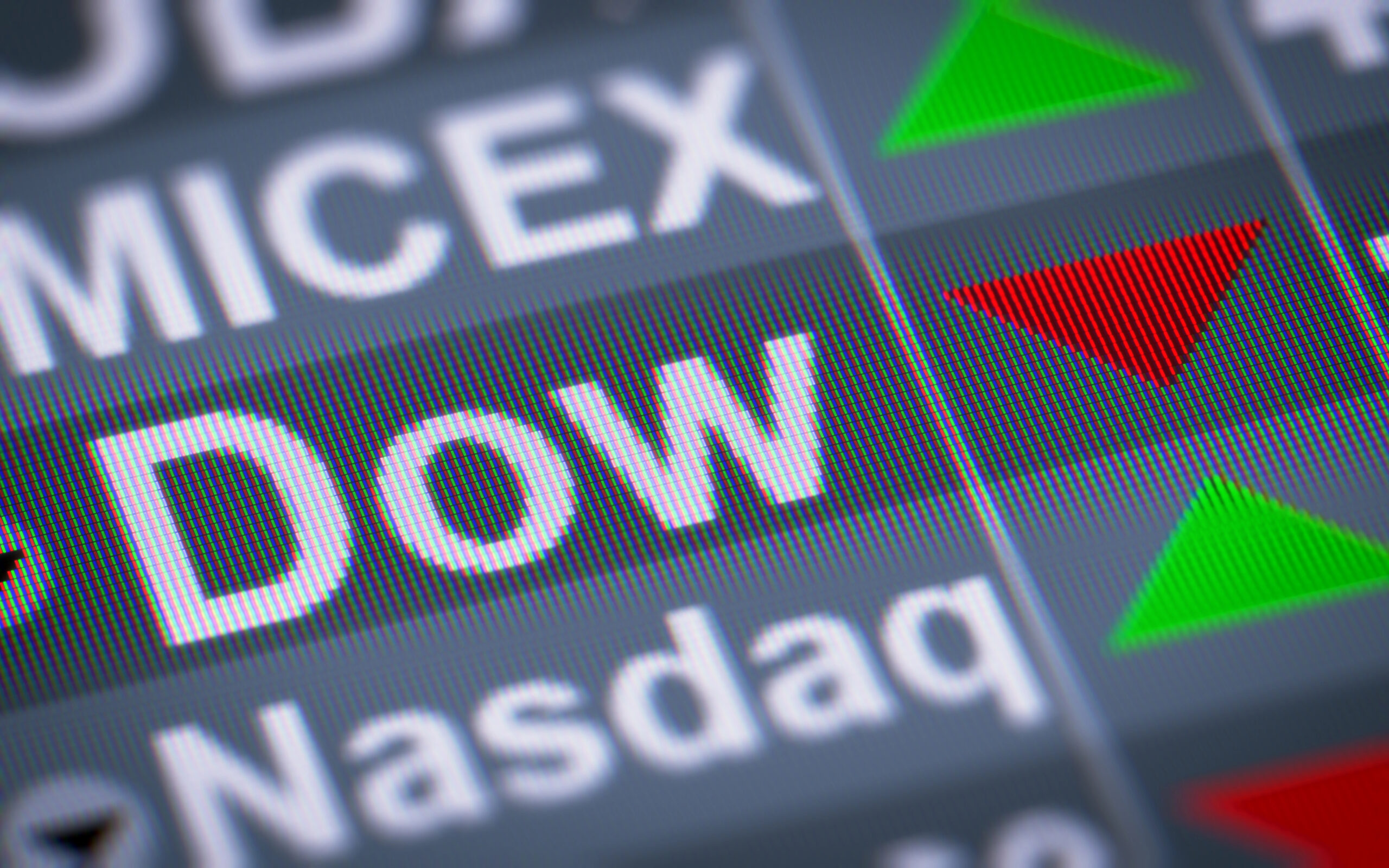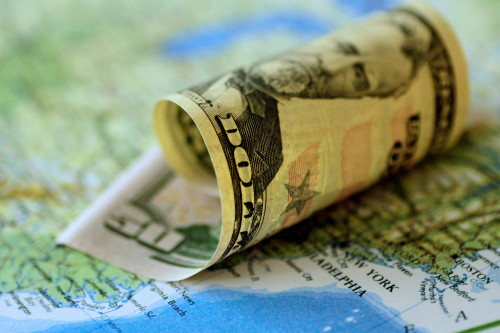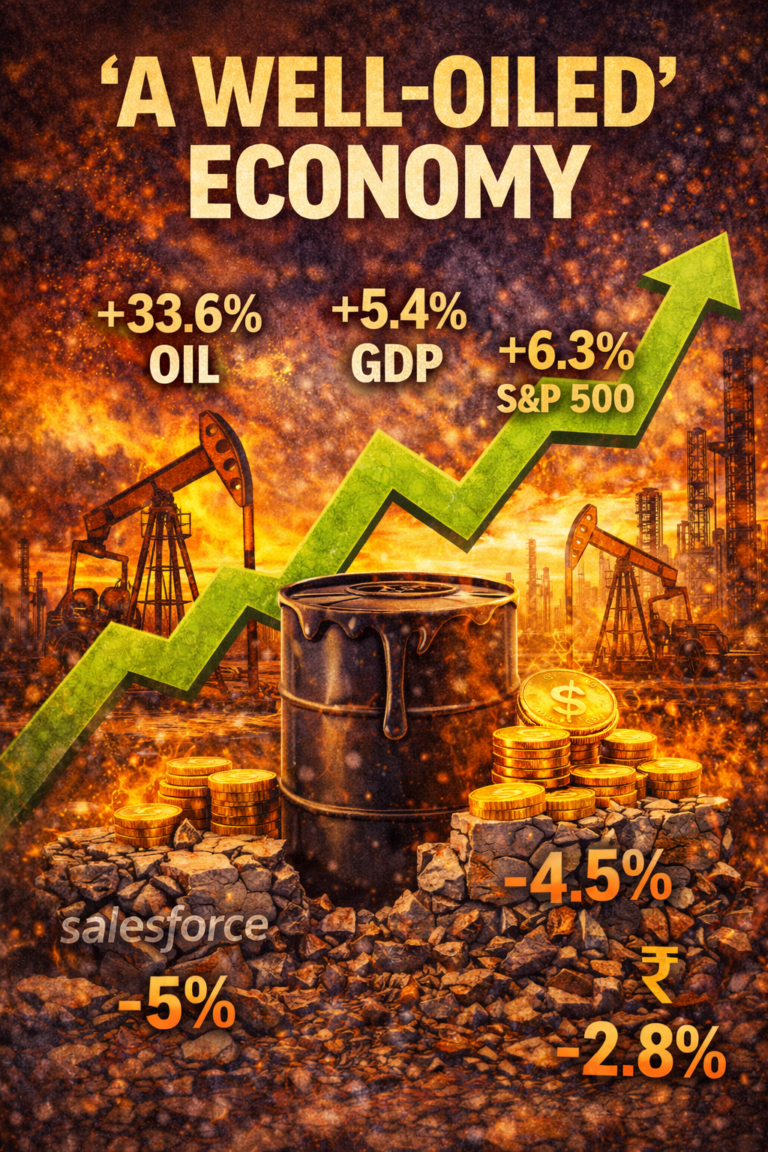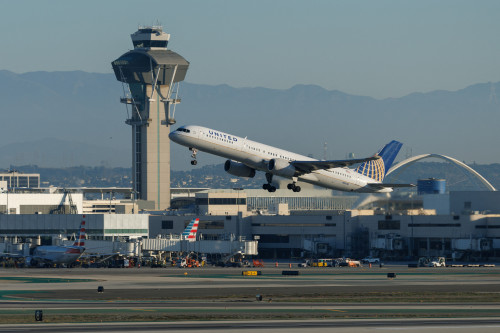
(Justin Vaughn, Editor, Options Trading Report)
Friday’s DowJones fell again…the seventh session in a row, as stocks retreated in every sector, weakening the benchmark index. The tech-driven Nasdaq Composite finished near the flatline, while the S&P 500 was lower. The Bond Market trended upward, picking up a quarter percentage point for the week at 4.398%, edging up since the election.. “We’ve had a big run up but now interest rates are pushing up and people are taking profits,” said Keith Lerner Co-chief investment officer at Trust Advisors Services. “Inflation numbers have come in a little hotter this week and the market is starting to price in less Fed interest rate cuts next year.” Bitcoin traded at $106,650 at Friday’s close with most crypto currencies following “big-brother.”
The Nasdaq soared Monday, up 1.2% to a new record high, led by heavy-techs, chips and software stocks, while the Dow Jones Industrial Average slumped for the “eight session in a row,” losing 0.3% (down 2.9% over the last 8 days). Bonds were stronger, as stocks retreated with many investors worried about inflation and the Fed’s upcoming rate cuts and what 2025 will require. Bitcoin continued to climb hitting $107,000 on Monday, recording another new high. Oil futures fell to $70.71 a barrel, while crude slid to $69.49 a barrel. Economic news from China was telling as consumer purchases were down, the housing market is overstocked with inventory, and demand in heavy manufacturing has fallen significantly. Commercial buildings dot the landscape with heavy vacancies, and deteriorating valuations. The Chinese Juan has weakened to the Euro and Dollar and is not a preferred method for trading by most countries. Hong Kong, once a financial ‘jewel’ of the Far East, is struggling to retain what is left of some of the world’s largest financial institutions from exiting.
After another record setting Nasdaq Composite session Monday, all indexes backed off Tuesday as the Dow Jones Industrial Average fell for the ninth consecutive session, equalling a losing streak in 1978. Wednesday’s market was even more dramatic…with the Dow Jones falling a whopping 1123 points and extending its negative run to 10 days, The blue-chip index was hard hit as investors and traders took profits and backed away as inflation and related rate cuts took over.
That steak you enjoy is going to cost more…soon. According to the Chicago Mercantile Exchange cattle prices are surging as expected tariffs and “insect infestations” propel prices to record levels. Cattle futures on Wednesday were $1.9138 a pound. President-elect Trump has threatened to raise tariffs across the board affecting nearly every product that the U.S. imports, and beef is a major one. “The concern over tariffs is real, given the number of feeder cattle we import as well,” said Karl Setzer, who heads research firm Consus Ag Consulting. According to the Agriculture Department, “The U.S. is expected to have imported 4.69 billion pounds of beef in 2024, expected to rise to 4.71 billion pounds in 2025. The U.S. exported 2.96 billion pounds in 2024 with expectations that number will drop to 2.6 billion pounds in 2025. The two largest exporters of beef to the U.S. are Mexico and Canada, both countries that are targeted by Trump to receive 25% tariffs. (Blaming both countries for not securing their borders) Mexican cattle farmers are battling the ‘New World Screwworm’, a condition that creates maggots and ultimately renders the animal unable to be butchered. Costing more for your steak and burger might just be part of the story.
RUMBLINGS ON THE STREET
Edward Yardeni, President Yardeni Research, Barren’s – “Unless a December cut is accompanied by a very hawkish press conference by Powell, which he has not delivered since becoming a dove at August’s Jackson Hole speech, it could send the stock market melting up even higher.” (Mr. Yardeni has a 7000 target on the S&P 500 for 2025)
Daniel Close, head of municipals at Nuveen, Barron’s – “This rebound in inflation is primarily being driven by the stickiest components that have just vexed the Fed,” said Mr. Close. “In a vacuum, everything still does appear to favor lower inflation [in 2025] but that could be meaningfully impacted by policies that come out of Washington.”
Joseph F. Kallish, London Stockton, NDR, Barron’s – “Household net worth hit $169 trillion in Q 3 compared to nearly $30 trillion for the economy, or 575% of GDP. That’s about 75% more than it was a generation ago.”



